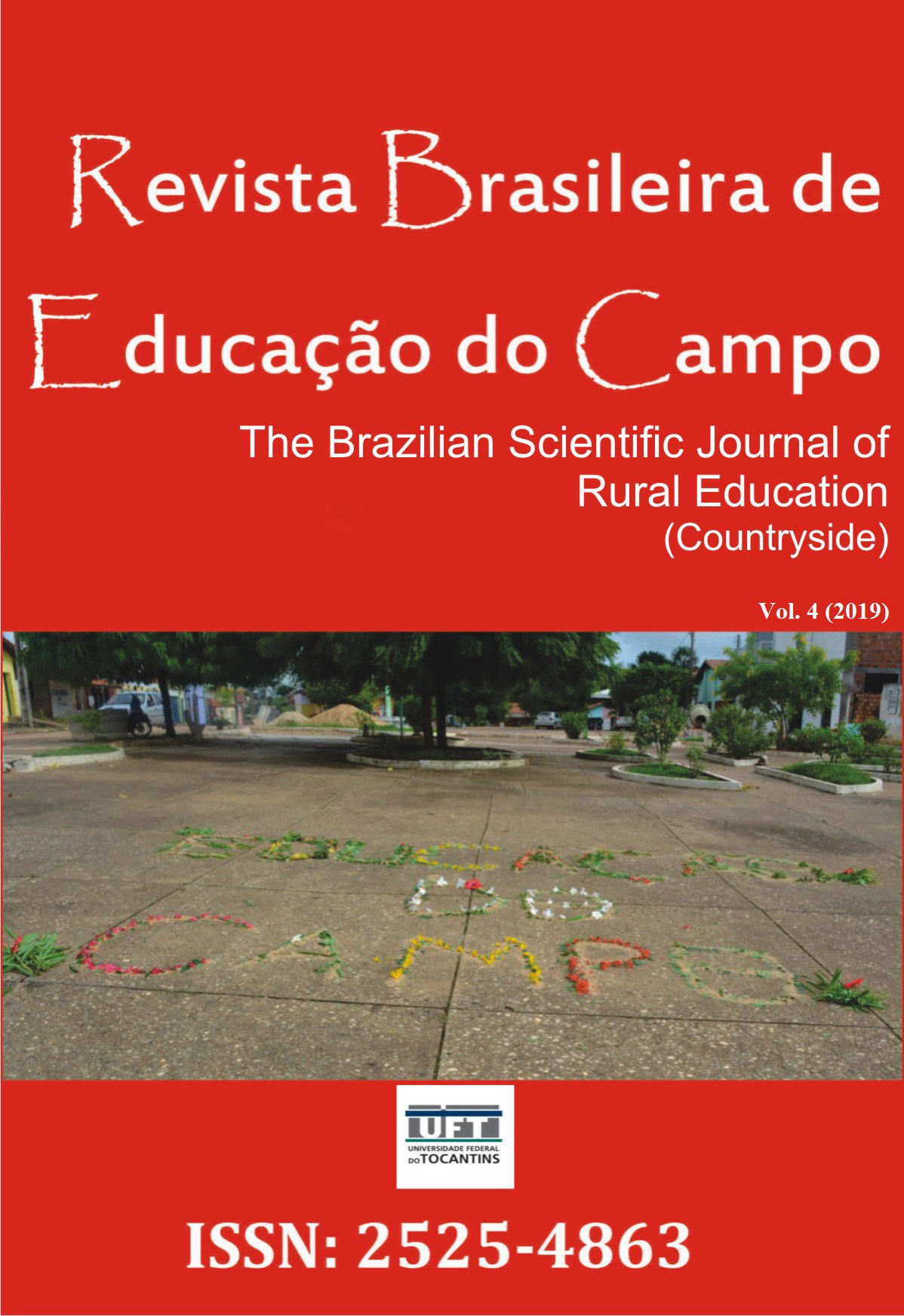The challenges of Rural Education against Agribusiness: a case study in Sumidouro - RJ
DOI:
https://doi.org/10.20873/uft.rbec.v4e5492Schlagworte:
Agricultura FamiliarAbstract
ABSTRACT. This paper presents reflections about the challenges of implementing Rural Education in Sumidouro - RJ, an essentially agricultural municipality whose production is strongly linked to industrial capital and the education offered by schools is out of context with local needs. The methodology used was based on bibliographic review, documentary analysis and participant observation. It was identified that the Municipal Plan of Education of Sumidouro makes few references to the rural reality of the students, not contemplating much of the specific yearnings of this public. This fact is in line with the socio-environmental problems observed in the municipality, such as progressive soil erosion, contamination of water resources, rural producers' indebtedness and high levels of school dropout from the second elementary school segment, which makes Sumidouro one of the worst HDIs in the state. Therefore, it was concluded that it is necessary to prioritize Rural Education applied to Sumidouro Elementary School. Thus, it is necessary to learn from the example of the CEFFA in Nova Friburgo and to prevent the pressure of local economic interests and the MEC itself regarding the imposition of a common curricular basis, decontextualized with the principles of Rural Education.
Downloads
Veröffentlicht
Zitationsvorschlag
Ausgabe
Rubrik
Lizenz
Creative Commons Attribution License
Creative Commons Attribution License
Proposal for Copyright Notice Creative Commons
1. Policy Proposal to Open Access Journals
Authors who publish with this journal agree to the following terms:
A. Authors retain copyright and grant the journal right of first publication with the work simultaneously licensed under the Creative Commons Attribution License that allows sharing the work with recognition of its initial publication in this journal.
B. Authors are able to take on additional contracts separately, non-exclusive distribution of the version of the paper published in this journal (ex .: publish in institutional repository or as a book), with an acknowledgment of its initial publication in this journal.
C. Authors are permitted and encouraged to post their work online (eg .: in institutional repositories or on their website) at any point before or during the editorial process, as it can lead to productive exchanges, as well as increase the impact and the citation of published work (See the Effect of Open Access).














